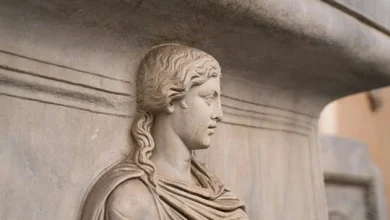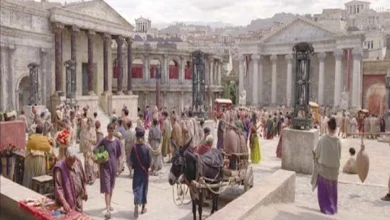Why Emperor Zeno was buried alive and how a barbarian led the Great Roman Empire to fall
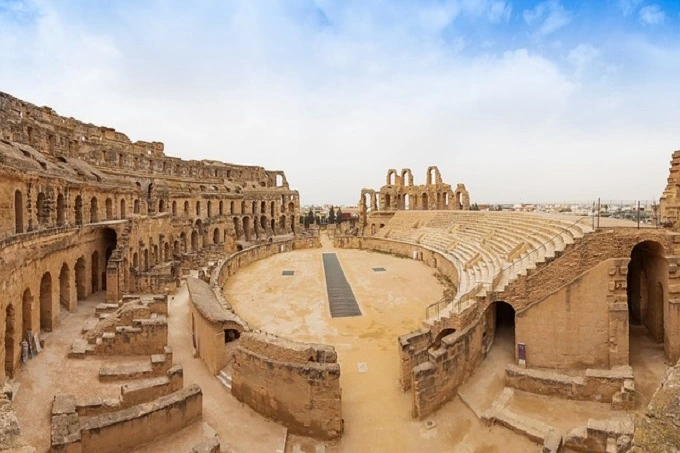
Flavius Zeno had a career that was full of ups and downs. In his life, he possessed all that one could want. An unsophisticated Isaurian warrior, known to the Romans as a barbarian, was able to wed Empress Ariadne and ascend to the position of Emperor of the Eastern Roman Empire due to their union. To his great regret, his good fortune ran out at that point. Throughout his rule, he was consistently plagued by issues and challenges. One of the very few emperors in historical times to be succeeded by his son was Zeno. According to historians, it is believed that he was buried alive by his wife.
Emperor Zeno
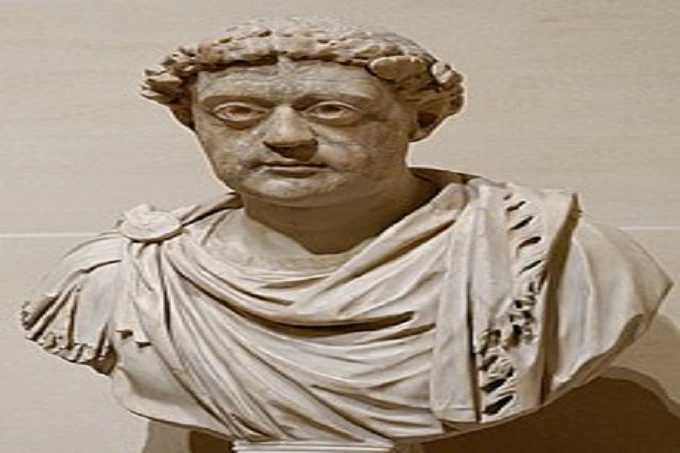
In 474 A.D., Flavius Zeno was officially recognized as the Emperor of the Eastern Roman Empire for the very first time. It was fantastic in every possible way. After all, the Isaurian warrior, whom Rome considered a barbarian, did not even have the chance of ever rising to the position of ruler of a powerful empire. The death of Emperor Leo I resulted in the absence of any heirs. Zeno married his daughter Ariadne. The couple had a son together, who would later go on to become Emperor Leo II. Because he was still a child, he was not capable of governing on his own. Zeno, who finally rose to Emperor, benefited greatly from this development.
Zeno was king for fifteen years. In front of his very eyes, the Western Roman Empire collapsed. The Eastern Roman Empire, sometimes known as the Byzantine Empire, was still under Emperor Zeno’s leadership. However, during his rule, there was widespread unrest among the populace, many uprisings, and religious turmoil, all of which made his life exceedingly challenging.
Severe illness?
According to the records throughout history, Emperor Zeno passed away on April 9, 491. He passed away in the city of Constantinople. It is stated that the Emperor suffered from an unidentified illness for an extended time, which is why this occurred. This unnamed illness is described in several ways throughout various ancient books written by various authors. It could have been dysentery, or it could have been epilepsy. Some people think he became intoxicated from drinking alcohol, leading to losing consciousness. It is not certain what exactly happened, but it was believed that the Emperor had passed away at one point in time.
Joannes Zonaras and George Cedrenus, both Byzantine Greek historians who lived in the eleventh and twelve centuries, penned accounts of Zeno’s passing in their respective works. They said it happened like this: everyone believed that the Emperor had passed away, and his body was buried in a sarcophagus. After that, he was laid to rest within the walls of the Church of the Holy Apostles. There is a tomb there that was constructed just for him. On the other hand, some academics believe Emperor Zeno might have still been alive during this time.
According to witnesses of the funeral action in the Church of the Holy Apostles, after the sarcophagus was sealed, pleas for assistance could be heard from inside the sarcophagus. They continued nonstop for a total of three days. Zeno begged his wife to show compassion for him and take pity on him. She dug a grave over the Emperor’s body while he was still alive!
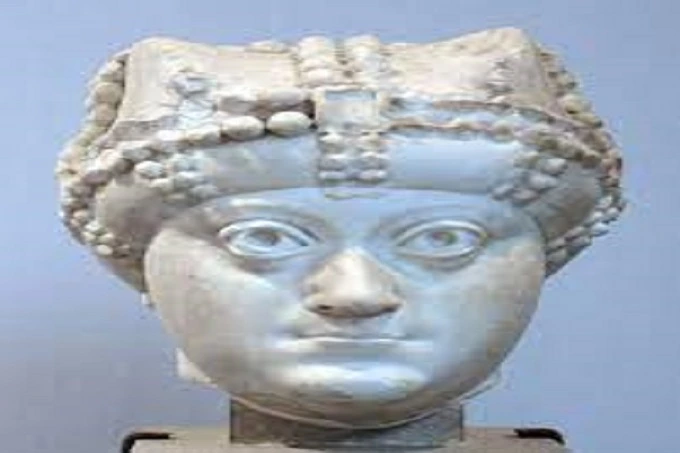
Ariadne, married to Emperor Zeno, never really loved her husband. She despised the idea of getting married to him. Her father had a great deal of regard for the Isaurian commander’s bravery and knowledge, so he coerced his daughter into marrying him. The historian Zonaras and Cedrenus report that everyone heard the calls for assistance, which came from the sarcophagus of the Emperor, who was thought to have died. His wife enforced a tight ban on anyone entering the crypt by stating that it was off-limits. The widow did nothing except wait for her husband to pass away out of boredom. She could not contain her excitement at reaching the point in their relationship where they would say, “till death do us part.” The evil empress was responsible for Zeno’s lingering and agonizing death, which was brought on by a combination of suffocation and dehydration. After that, the fall of the Roman Empire was finalized to the point where it could no longer be reversed.


